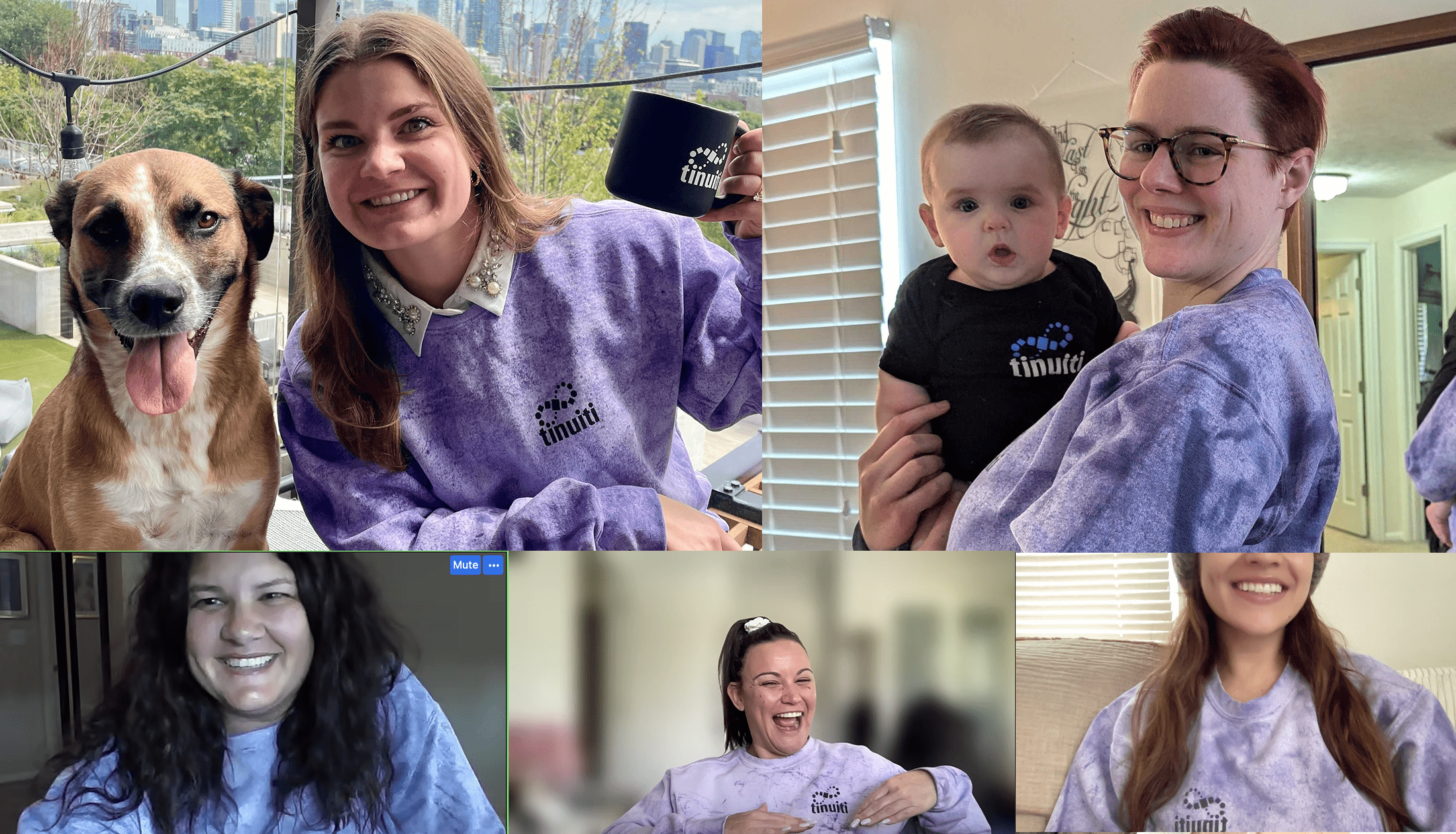Hulah is a TikTok-famous dating app that puts female users’ safety front and center. On Hulah, any woman can join and endorse guys for other single women to date. This provides real-world accountability for every man on the platform, helping filter out predators, cheaters, and other types of toxic partners.
The Challenge: Peer-To-Peer Gifts That Give Back To Users
For founder and CEO Heather Hopkins, it was clear Hulah needed a new feature: A way for users to send digital gifts to stand out from the crowd.
“When you go out to a bar, people will buy you a drink as a way to make themselves stand out,” she says. “On other dating apps, they offer these kinds of gestures. Things like ‘roses’ or ‘super likes.’ We needed a similar functionality at Hulah.”
Purchasing symbolic digital gifts is a common feature in dating apps – and these microtransactions are a growing source of revenue for the apps themselves. Users spend money to send digital gifts to people they’re interested in, like a $3.33 “rose” on Hinge or a $19.99 pack of “Super Likes” on Tinder.
Unlike other dating apps, though, Hopkins wanted to pass the value back to the users themselves.
“The way these other apps handle gifts is really a scam,” she says. “A user pays money for a ‘rose,’ and then 100% of the profits go to the dating app. These digital gifts have a real cost to the people sending them, but none of that value ever goes to the actual person they’re trying to impress.”
Hulah wanted to create a system where gifts have real-world value, yet the overall experience doesn’t feel transactional. “We felt that exchanging your digital gifts for cash would seem a bit slimy,” Hopkins says.
Another challenge was facilitating eCommerce without taking on all the work that comes with it, like finding vendors, tracking inventory, and handling transactional emails and support.
The Solution: One Integration, Thousands of Gifts
Hulah’s team decided to build a system where users can purchase “diamonds,” and spend these on digital gifts, such as a teddy bear, bouquet, or coffee.
For the lucky recipients, these gifts can be exchanged for real gifts from Goody’s entire catalog of thousands of products. Using diamonds helps the experience stay joyful and avoid feeling like a direct transaction.
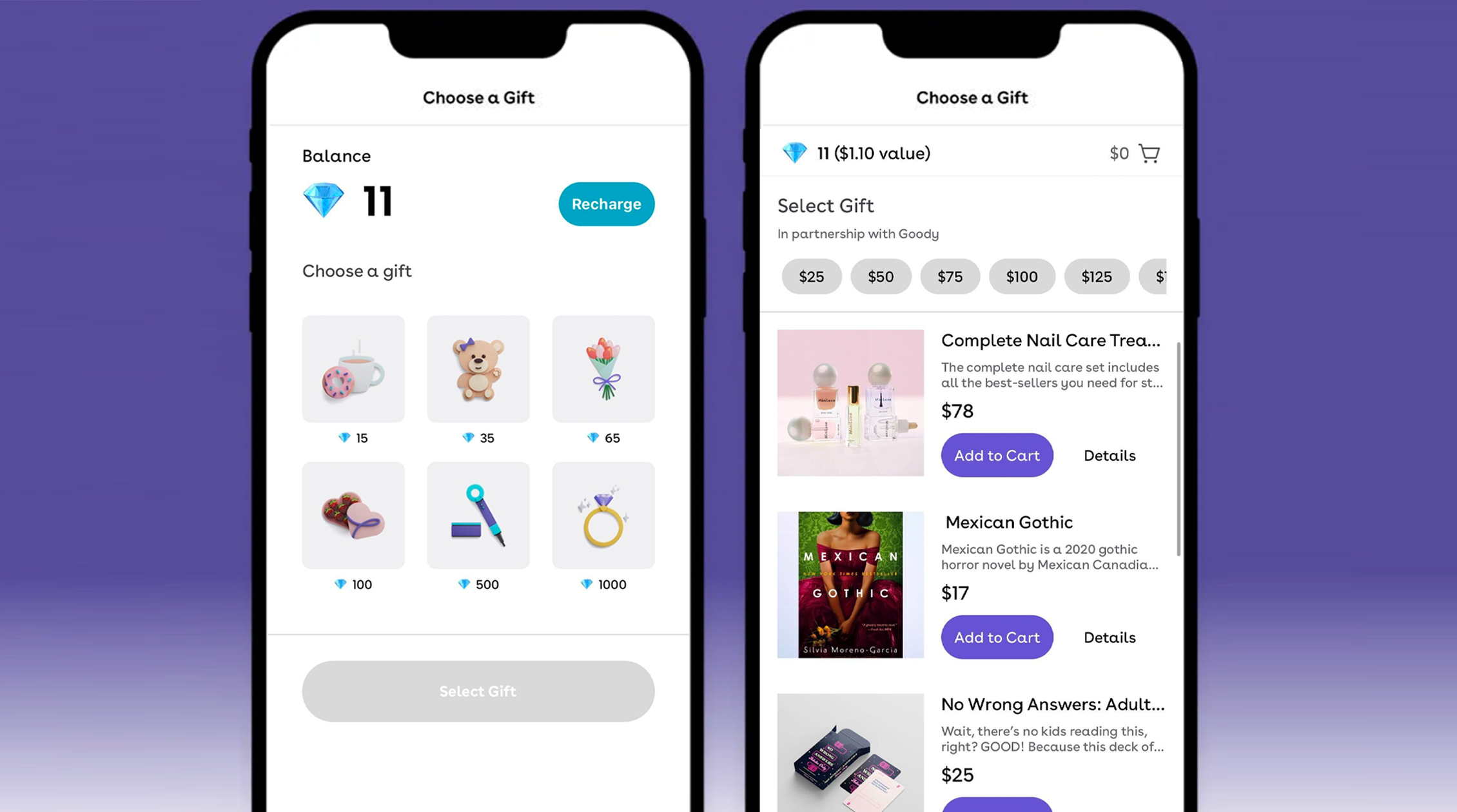
"It would have taken us quarters if not years for us to build the same functionality ourselves."
For Hopkins and her development team, Goody’s API was a game changer.
“One way Goody stood out was the quality of the gift brands,” Hopkins says. “We saw so many gifts that our users would like and would fit within our target demographic, brands like Therabody, Levain Bakery, or Kendra Scott.”
Another selling point was the ease of integrating via Goody’s API. Hulah’s team designed and built the unique frontend UX, while Goody handled everything else – from placing orders to delivering gifts.
“It would have taken us quarters if not years for us to build the same functionality ourselves,” Hopkins says.
“Goody also let us white-label their service, so it feels totally cohesive with our branding and UX,” she adds. “Plus, the technical team at Goody was super responsive and helped us every step of the way.”
The Results: A New Sales Channel For Hulah
Hulah’s approach to peer-to-peer gifting is the first of its kind in the online dating industry, and a big win for users themselves.
“Our users are the ones trying to stand out by buying these digital tokens,” Hopkins says. “The users should get a piece of that. That's where Goody comes in.”
Yet even though Hulah’s approach to gifts is unusually user-centric, it has opened up a new channel for sales. Hulah doesn’t just earn revenue when users purchase diamonds in their app; they also earn a portion of revenue from all sales of Goody gifts in their store.
“I’m thrilled to be launching this capability to our users,” Hopkins says. “It’s great for our users who want to stand out in the dating pool, and it’s great for Hulah’s business. I can’t wait to hear about all the couples who will meet because of this feature.”
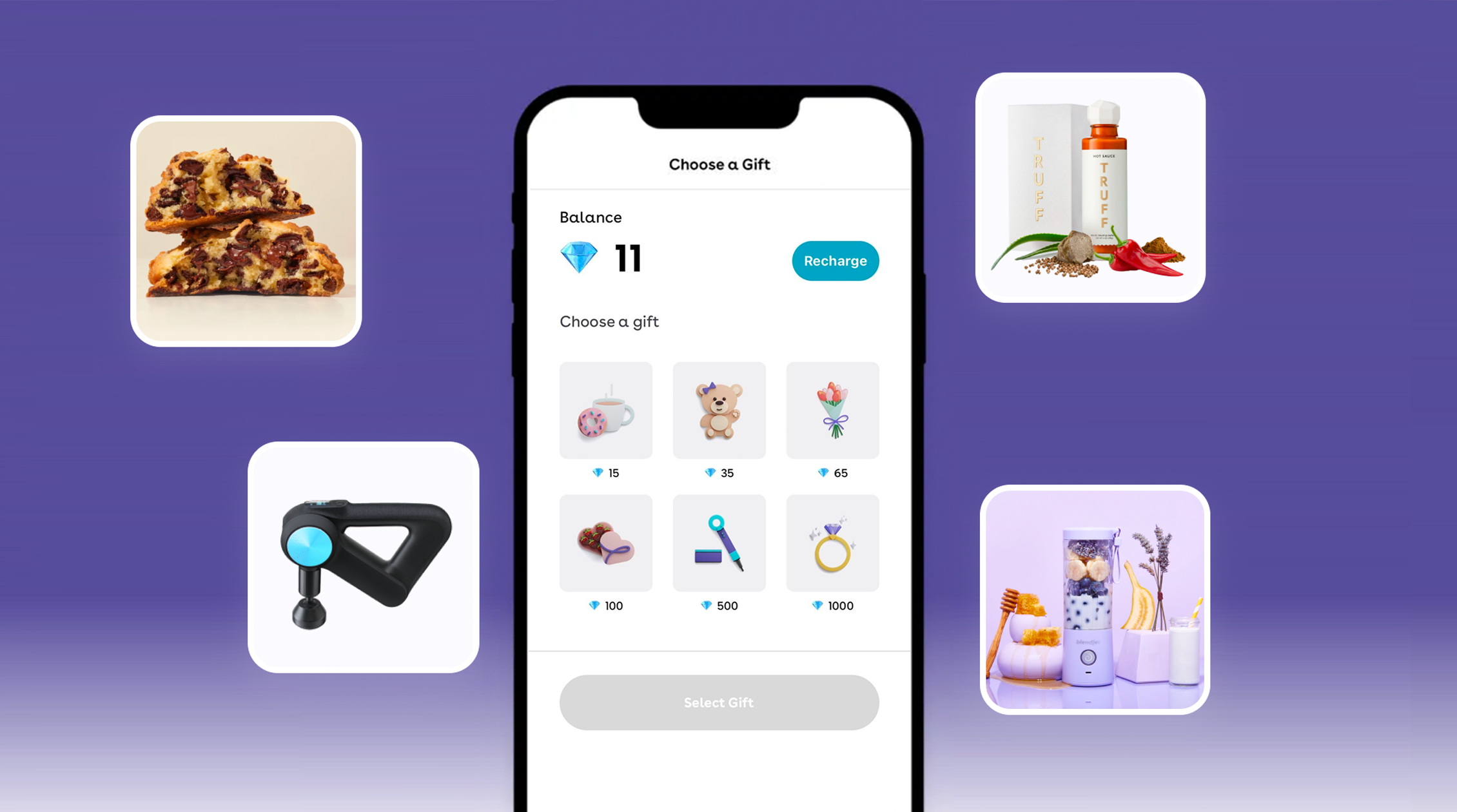


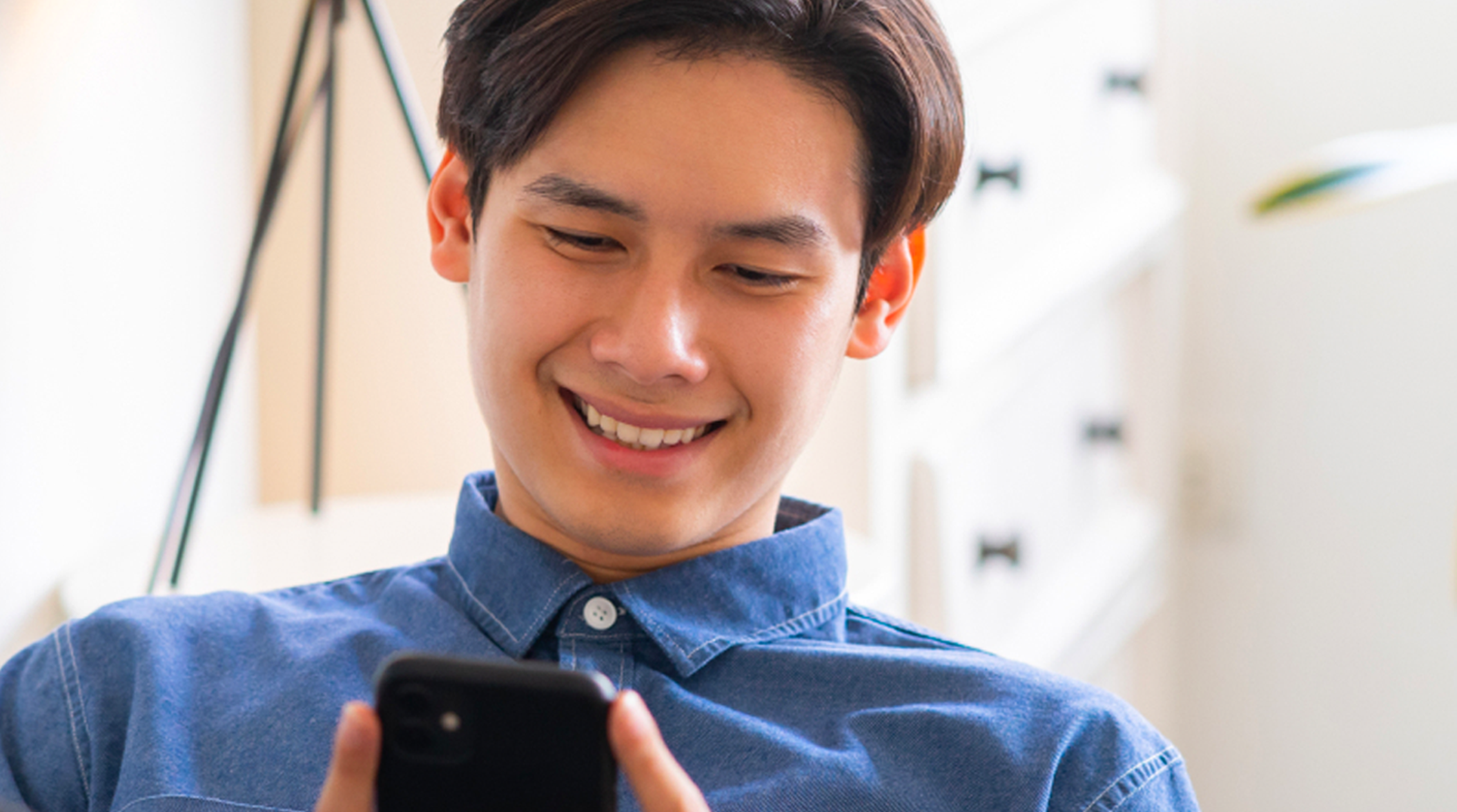

-min.png)
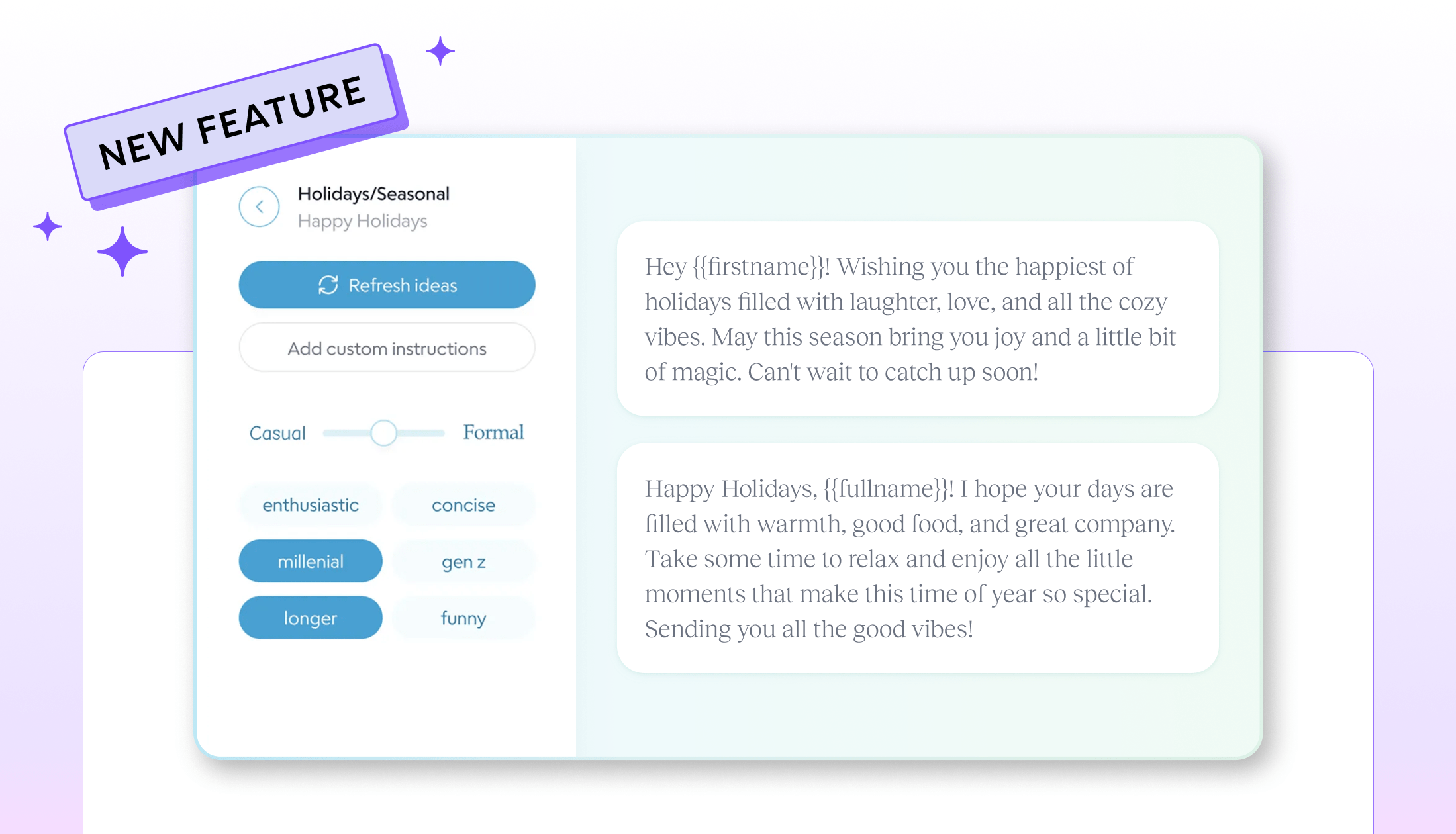
%20(1).png)
